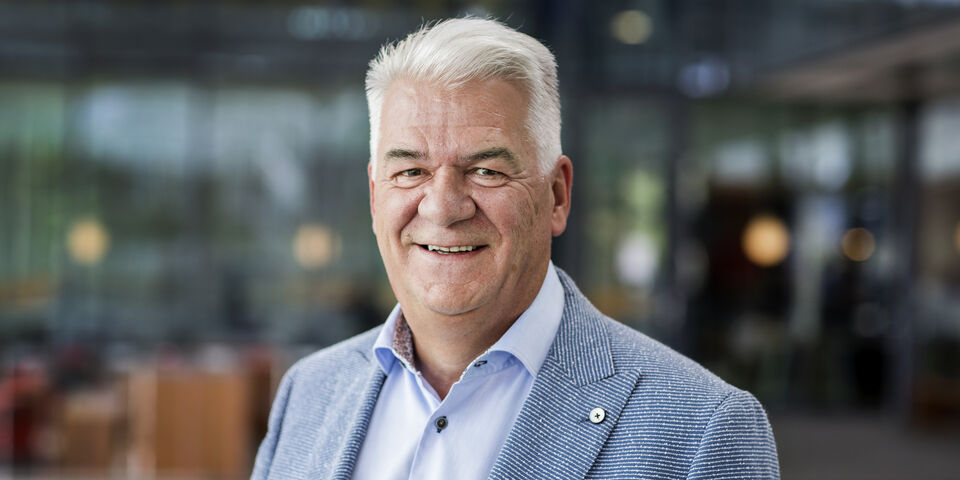Advanced Grant for Philip de Goey
Professor of Combustion Technology Philip de Goey has been awarded an ERC Advanced Grant of 2.5 million euros. With this grant, De Goey will be able to hire six PhD students to find out how exactly combustion of metal powder takes place. Metal powder is considered a promising renewable fuel, and is already being researched by De Goey, also in collaboration with the students of Team SOLID.
Efficient and clean fuel combustion is central to the research of this Professor of Combustion Technology. Research labs around the world use the methods developed by his group to fully understand and control the combustion of natural gas and other fossil fuels.
Recently, he has turned his attention to a new mystery: metal fuels. This is a promising, newly discovered energy carrier, even called ‘the battery of the future’ by some. However, there is a fundamental lack of understanding regarding the combustion of these metal fuels. This is unusual as this sort of combustion is not remotely new: it’s been taking place for a long time in fireworks and rocket fuel, among other things.
Fireworks
Using metal fuels as a renewable fuel is different, however. De Goey: "In existing applications, the metal particles are surrounded by other materials which are flammable. This flammable environment also causes the metal particles to combust. In the case of metal fuels, the combustion has to come from the particles themselves and jump from one particle to another without the help of anything else. That makes it a completely new situation, one that has hardly before been looked at scientifically.”
“In recent years, we’ve taken a number of nice steps in demonstrating that metal fuels really do have potential. For example, together with student team Team SOLID within the Metal Power consortium, we have realized a pilot installation that supplies 100 kW of energy. In the coming years, we will be scaling this up to a 1 MW installation several meters tall.”
“However, if you want to scale up, you can’t just build something. You need systems with stable combustion that also work as optimally as possible, something that appears to be very difficult. In fact, we know very little as of yet. How big should the particles be? How does the flame jump from one particle to another? How does a flame eventually arise and how fast does it move? And do the metal particles have to be globules or rods? Can they be porous? To what extent have they to be pure?”
Circle
Nine PhD students will work on the fundamental research into combustion: six funded by this ERC grant, two from a recently awarded NWO-TTW project and one with a CSC grant from China. Some PhD students are also working on the reverse process – converting metal oxides back to metals (a process known in chemistry as ‘reduction’) – under Professor Niels Deen. Following this step, the circle will be complete and you’ll be able to re-combust metal fuels.


Discussion